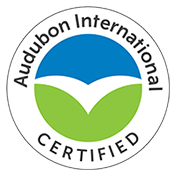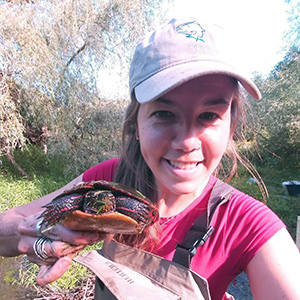Students are responsible for ensuring that they have a Microsoft Windows 10 based desktop or laptop system that meets or exceeds the following general personal computer technology requirements:
- A desktop or laptop system running on an updated Microsoft Windows 10 operating system.
- Minimum 256GB SSD storage and 8 GB memory. This is required to run the GIS software used in this program.
- An integrated or peripheral video camera, microphone and speaker system.
- Reliable internet connectivity with Broadband capabilities (a minimum download speed of 5 Mbps) is recommended.
Niagara College will not be able to provide support for systems different than the above specifications. Any provided software may not operate properly. Academic software for your courses (supported under the Microsoft Windows 10 operating system) will be made available for download and remote use. Access will also be provided to remote high performance computer labs if software downloads are not feasible.
Important: Mac computers cannot run the GIS software required for this program.





